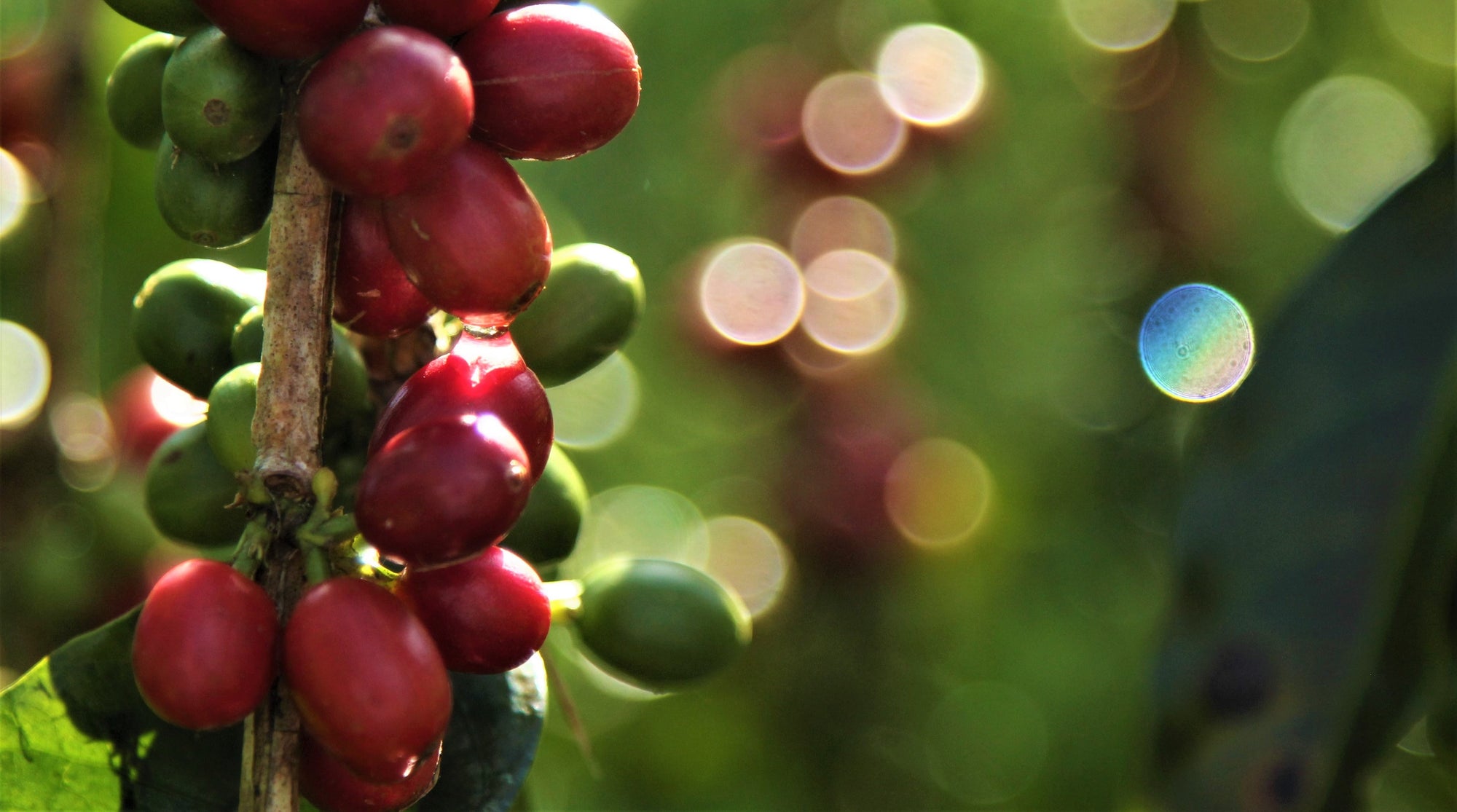

· By James Hale
How is Decaf Coffee Made
Have you ever wondered how your favorite decaf brew sheds its caffeine yet keeps its delightful flavor? Let’s dive into the world of decaffeinated coffee, a staple for many who cherish their cup of joe but could do without the extra pep. While here at Ka'io Farms we focus on producing rich gourmet Kona coffee, understanding decaffeination can deepen your appreciation for the complexities of coffee.
What Exactly is Decaffeinated Coffee?
Decaffeinated coffee isn’t entirely caffeine-free, but it contains significantly less caffeine than its regular counterpart. Typically, decaf coffee has about 97% of its caffeine removed. Whether you’re sensitive to caffeine or simply winding down your day, decaf might be your go-to choice. But how does coffee, naturally brimming with caffeine, become decaffeinated?
The Decaffeination Process
Decaffeinating coffee involves a few scientific methods, each with its unique impact on the environment and the beans themselves. Let’s explore these techniques:
Solvent-Based Methods
These involve chemicals like methylene chloride or ethyl acetate. The beans are steamed and then rinsed with these solvents, which bond with caffeine molecules to remove them. While effective, the use of chemicals raises concerns about trace residues, though they’re within safe limits as per regulations. Despite this, the flavor can sometimes be altered, so it would not be good if you cherish the robust profile of gourmet Kona coffee.
The Swiss Water Process
A favorite for its 100% chemical-free approach, the Swiss Water Process uses only water to decaffeinate coffee beans. Coffee is soaked in hot water to dissolve the caffeine, then the water is passed through an activated charcoal filter which traps caffeine molecules. The same flavor-rich water is reintroduced to the beans, allowing them to reabsorb their natural oils and flavors. This method is celebrated for maintaining the bean’s true essence—a likely favorite if you love the nuanced flavors of gourmet Kona coffee.
Carbon Dioxide (CO2) Process
Utilizing liquid CO2 to extract caffeine in a high-pressure environment, this method is efficient and less harmful to the environment compared to solvent-based methods. The CO2 acts like a solvent but without the need for actual chemical solvents, making it a cleaner choice. It’s particularly good at preserving the integrity and flavor of the bean, something that is deeply valued with gourmet Kona coffee.
Impact on Coffee Quality and Flavor:
Each decaffeination process affects the coffee’s flavor profile differently. Chemical methods can sometimes leave a slight chemical taste, though technology and processes have improved to minimize this. The Swiss Water Process and CO2 methods are more likely to retain the original flavors and body of the coffee, which is crucial when dealing with high-quality beans.
For those who adore gourmet Kona coffee, knowing these methods can help you make informed choices about decaf, too, especially if you prioritize flavor and environmental impact.
Why Understanding This Matters:
As a lover of specialty coffee, especially gourmet Kona coffee, appreciating the craft behind each cup adds to your coffee experience. Whether you’re sipping our vibrant, medium-dark roast or exploring other types, the journey from bean to cup is rich with detail and dedication. At Ka'io Farms, while we don’t produce decaffeinated coffee, our commitment to quality, tradition, and sustainability resonates through every aspect of our farming and production practices.
Exploring how decaf coffee is made not only broadens your coffee knowledge but also enhances your appreciation for all coffee types, including the premium gourmet Kona coffee we lovingly produce at Ka'io Farms. If you cherish the complexities of coffee and care about how it’s made, our doors are always open for you to learn more and indulge in our sustainably produced, richly flavorful Kona coffee.
Why not visit our website or contact us directly to discover more about our coffee and how we can bring the magic of Kona directly into your cup? Remember, every sip supports sustainable practices and a love for the rich heritage of Kona coffee farming. Taste the difference with Wings of the Morning—where tradition meets quality in every bean.
